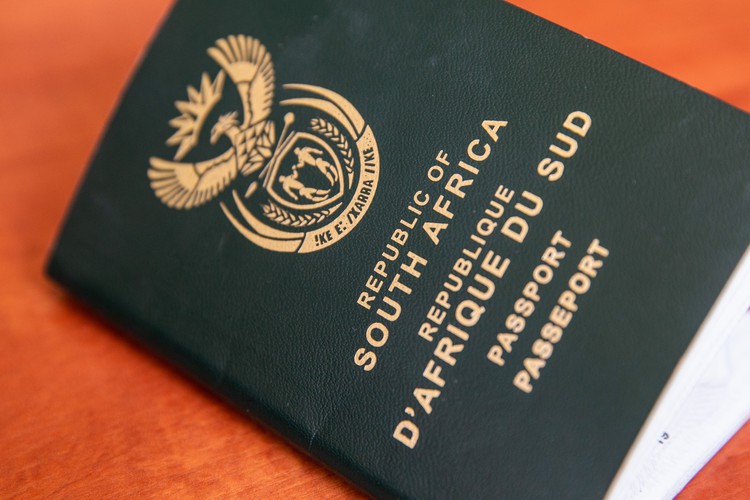
6 May 2025
The Constitutional Court has confirmed that a section of the law which automatically strips South Africans of citizenship if they take the citizenship of another country is invalid. Archive photo: Ashraf Hendricks
The Constitutional Court has confirmed the unconstitutionality of a law which automatically stripped South Africans of citizenship if they took citizenship of another country.
The court, in a unanimous decision, has struck down the relevant section of the South African Citizenship Act, declaring it invalid from its promulgation in October 1995.
The court also declared that affected people are now deemed not to have lost their citizenship.
The respondents, the Minister and Director-General of Home Affairs, were ordered to pay the costs of the application.
The matter was initially brought to court by the Democratic Alliance. The party lost its initial challenge in the Pretoria High Court, which ruled that the section was not irrational and did not infringe on constitutional rights, but won in the Supreme Court of Appeal (SCA).
The matter came before the Constitutional Court for confirmation of the SCA unconstitutionality ruling. The Minister and the DG agreed to abide by the decision of the court.
Justice Steven Majiedt, writing for the Constitutional Court, said the application was supported by Phillip Plaatjes, a chartered accountant born in Cape Town who lost his South African citizenship because of the provisions of the Act.
He left South Africa to teach English in South Korea in November 2002. He never intended his departure to be permanent. But while overseas he met a British citizen who he later married.
The couple lived in the United Kingdom. He was naturalised, through marriage, as a citizen of the UK in 2007. He believed he would then have “dual citizenship”, but seven years later, when he went to renew his expired South African passport at the South African embassy in London, he found out he had lost his South African citizenship.
Justice Majiedt said Plaatjes received his passport back, cut at the corners with the words “cancelled” stamped across the pages, as well as a letter stating that he had committed a voluntary act which resulted in the automatic loss of his citizenship.
However, he remained a permanent resident.
“He says this was one of the saddest days in his life as he was desirous of retaining his South African citizenship,” Justice Majiedt said.
He said the DA said it had brought the court application in defence of many South Africans living abroad “who had acquired a second citizenship in good faith”. The party said this automatic loss of citizenship occurred without their knowledge.
The DA had contended that this was a violation of the right to citizenship without justifiable reasons.
The respondents initially opposed the application in the Pretoria High Court and in the SCA.
They argued that the section affected those who had “voluntarily” given up their citizenship and that those people could make an application to the Minister for permission to hold dual citizenship.
After the High Court dismissed the application, the SCA ruled that the section of the Act was arbitrary and irrational.
It held that there was no reason why individuals who applied for citizenship of another country must, by operation of law, lose their South African citizenship.
The SCA also held that this treated South Africans who already had dual citizenship differently from those who intend to acquire citizenship of another country.
And, the SCA found, the section of the Act unjustifiably limited political rights, the right to enter and remain in South Africa, and the rights to freedom of trade, occupation and profession.
Justice Majiedt said the right to citizenship was “cherished” and should not be lightly removed.
“Loss of citizenship has severe consequences. It entails being deemed to be a foreigner.
“Where the law automatically terminates citizenship without any forewarning and even knowledge, simply on account of dual citizenship, that is plainly a deprivation of citizenship.”
He said all laws were subject to the Constitution and the respondents had failed to advance any legitimate purpose for the section.
He said the section also did not provide any criteria for how the Minister’s discretion was to be exercised.
“The Minister is simply given unconstrained free rein to determine in (her) untrammelled discretion whether to permit dual citizenship.”
Justice Majiedt said the SCA’s reasoning could not be faulted and the plight of Plaatjies “vividly demonstrated” the irrationality of the section of the Act and that it was a constitutional aberration.
He said the Act had come into effect in October 1995, under the interim constitution, and had remained in place under the current constitution.
It was invalid under both, so the declaration of invalidity must take effect from October 1995.